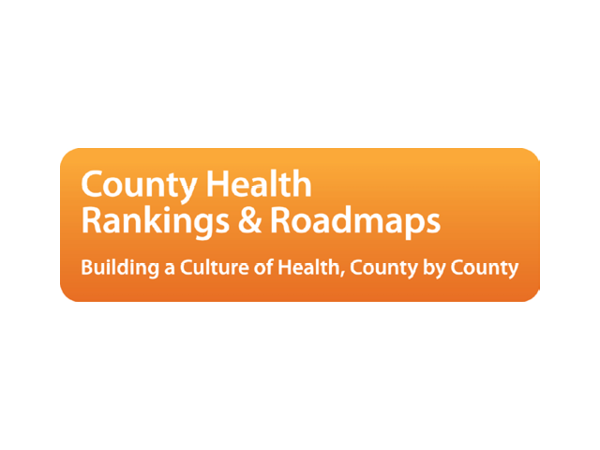
Where we live, learn, work, and play often has more impact on our health than the occasional visit to the doctor's office. That’s why it’s so important for communities to take a broad approach that includes not only healthcare access and healthy personal behavior, but also related factors like education, financial stability, family and social connectedness, and the physical environment.
United Way is tapping into this data—along with tools and solution strategies—as part of our work with the County Health Rankings & Roadmaps, a collaboration between the Robert Wood Johnson Foundation and the University of Wisconsin Population Health Institute.
The Rankings provide a user-friendly framework and county-level data to help communities pinpoint the factors that make their residents healthy or sick. The Roadmaps provide tools and guidance to help partners in communities create solutions that improve the underlying conditions for a healthy life.
United Way is using this information to create more opportunities for healthy living in America’s neighborhoods. You can see the results in places like Santa Cruz, California, where United Way of Santa Cruz County won the Robert Wood Johnson Foundation's Culture of Health Prize by inviting the next generation to lead the way to healthier living.
A youth advocacy group in Santa Cruz convinced the city council to enact policies that encourage the establishment of healthy new restaurants and incentivize existing restaurants to add healthier choices to their menus. These kids are changing more than what’s on the menu; they’re changing the way people think about health, and about the potential role every individual has in transforming their own lives for the better. Gabriella, one of the youth activists, has shared what she has learned about health with her own family, helping her father change his diet and reduce his blood pressure, and helping her aunt stabilize her diabetes. That's how real change is made—by changing the culture.
